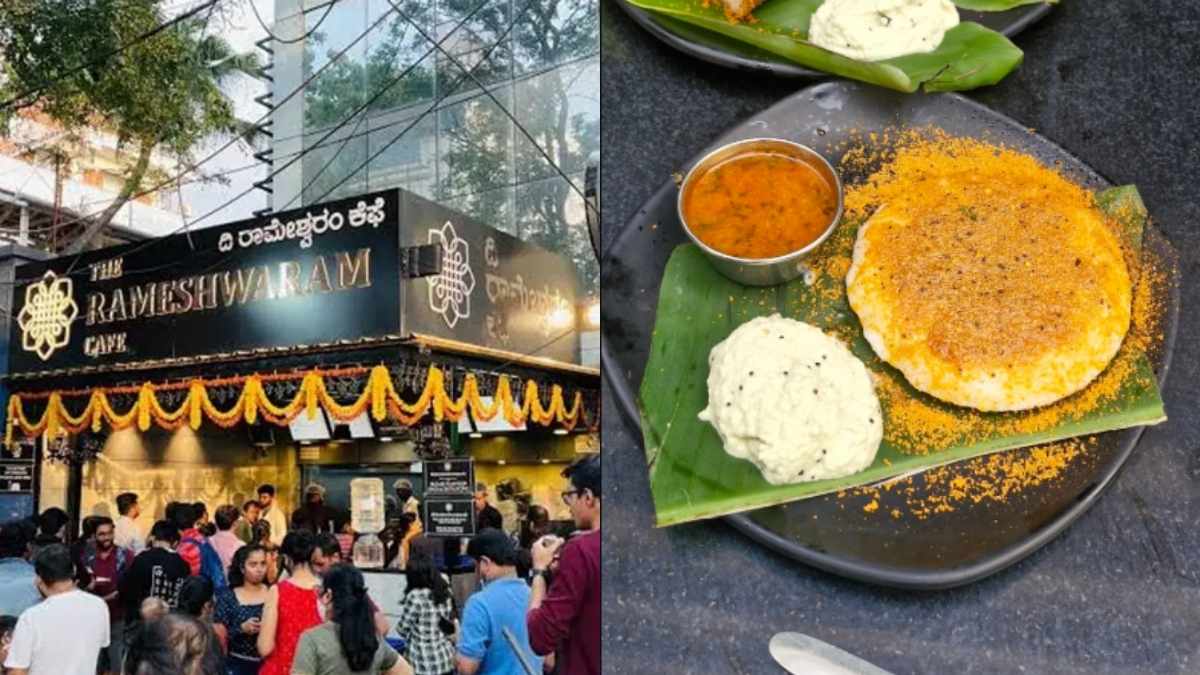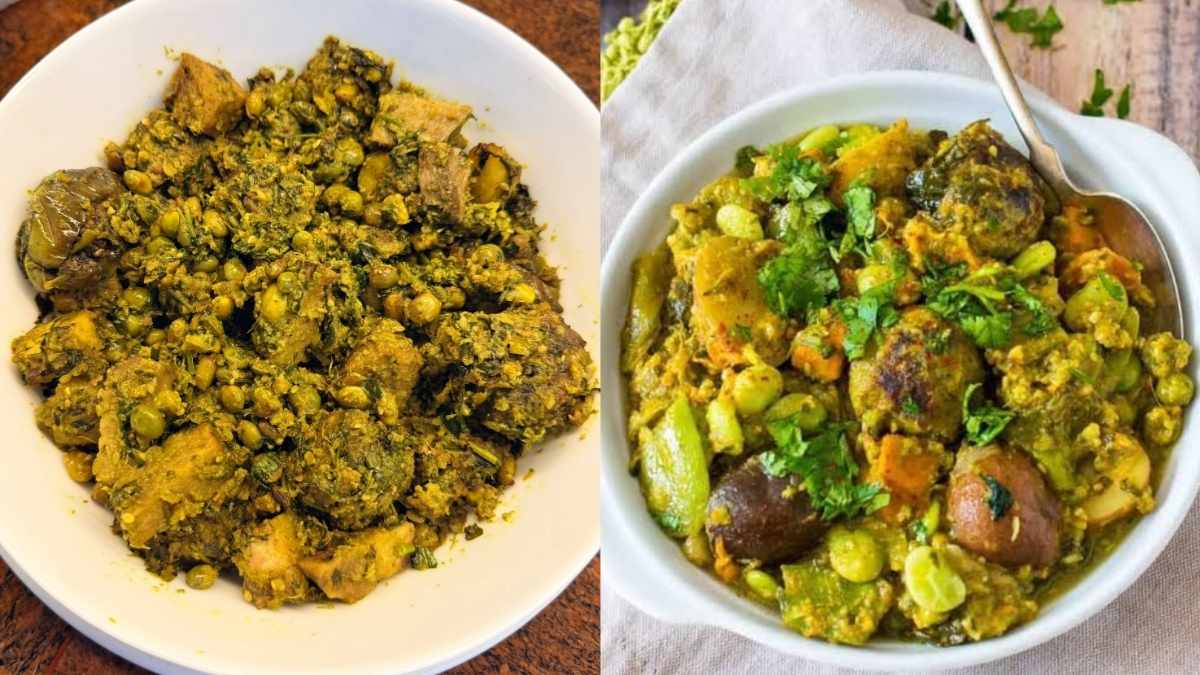Celebrity nutritionist Rujuta Diwekar took to X (formerly Twitter) yesterday and shared that eating home-cooked food or ghar ka khana is a healthy practice that can prevent several diseases and foster family and community bonding. Diwekar also advised people to ‘not listen to rich boys’, seemingly in an attempt to poke fun at billionaire Nikhil Kamath. This comes after he sparked a discussion on food consumption habits in India and other South-East Asian countries like Singapore earlier this week on social media.
Ghar Ka Khana, Always
Do not listen to rich boys, eating at home is a healthy practice. One that can prevent many diseases, lead to sharing between communities, and deepen bond of love and security. Learn to cook. Practice it often. Irrespective of gender, age or income. #gharkakhana
— Rujuta Diwekar (@RujutaDiwekar) February 19, 2025
In her post, Rujuta Diwekar emphasised the importance of home-cooked meals, stating that eating at home promotes good health, prevents diseases and strengthens family bonds. She advised her readers to stop listening to rich boys and encouraged everyone, regardless of gender, age, or income, to learn and practice cooking regularly.
X users supported the celebrity nutritionist’s sentiment. One person commented how home-cooked food, or ghar ka khana, is an essential part of Indian culture, and how they don’t think that will change anytime soon. Another user commented that rich boys are now discovering Singapore and thinking it’s the panacea for India’s woes. Another user remarked how rich boys also suggested renting a house while they were purchasing their own, alluding to Kamath’s position a few years prior, in which he advocated for renting rather than purchasing a home.
Also Read: Priya Mani Was Eager To Taste The Difference Between South Indian Food In Mumbai And Back Home
Difference In Eating Habits Between India & Singapore
View this post on Instagram
Co-founder of Zerodha Nikhil Kamath recently discussed his thoughts on the stark differences in Singaporean and Indian dining customs. After his February 18 visit to Singapore, Mr. Kamath emphasised the glaring lack of home cooking in the nation. He sparked an intriguing conversation regarding cultural differences in eating habits by pointing out that many Singaporeans either don’t have cooking facilities or never cook at home. By contrast, Indians consume a lot less restaurant food and place a far higher value on home-cooked meals (ghar ka khana)
This made him question whether India would follow suit in the future, particularly if the country’s economic situation changed. Mr Kamath pointed out that the restaurant industry would grow rapidly if India adopted Singapore’s eating customs. He did note, though, that there aren’t any major restaurant brands in India that are on par with those in Southeast Asia. The fact that only 30% of India’s food market is organised, compared to 55% in the US, raised further concerns about why the country’s food service sector lags behind in terms of organised restaurants.
Cover Image Credits: @nikhilkamathcio & @rujuta.diwekar/ Instagram





